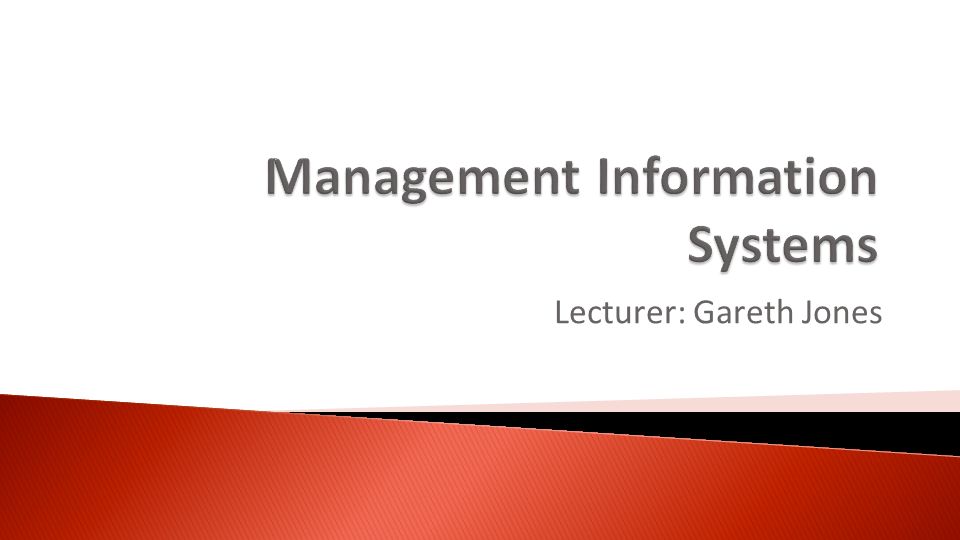In today’s fast-paced world, businesses seek ways to stay ahead. Operational excellence is a key goal. It means doing things well and at the best cost. Enterprise systems help a lot in reaching this goal. These are big computer programs. They handle many business tasks all at once.
What Are Enterprise Systems?
Enterprise systems are powerful tools. They manage business info. They help in planning resources. They make sure everything in the business works together. This includes things like:
- Supply Chain Management (SCM): This handles goods from start to end.
- Customer Relationship Management (CRM): This takes care of customer info and service.
- Enterprise Resource Planning (ERP): This plans and uses resources well.
How Do Enterprise Systems Lead to Operational Excellence?
Let’s look at the ways enterprise systems help businesses do great work.
1. Streamlining Processes
These systems make work easier and faster. They remove steps that are not needed. This is like having a super-fast path to get work done.
2. Better Decision Making
With good info, making choices is easier. Enterprise systems give good info. This helps bosses make the best choices.
3. Saving Time And Money
Doing things faster saves time. Doing things well saves money. These systems do both.
4. Improving Communication
Everyone can talk and share info easily. This makes working together better.
5. Providing Real-time Data
Seeing info right away helps a lot. It lets businesses act fast when they need to.
6. Enhancing Customer Experience
Happy customers are good for business. These systems help make customers happy. They make buying things easy and fun.
7. Ensuring Compliance
Rules are important. These systems help businesses follow the rules.
Enterprise Systems in Action
Here’s a table showing how different parts of a business use enterprise systems:
| Business Area | Enterprise System Use |
|---|---|
| Sales | Track sales and customer info. |
| Human Resources | Manage worker info and hiring. |
| Finance | Keep an eye on money and budgets. |
| Manufacturing | Plan and track making products. |
Real World Success Stories
Many companies have done well with these systems. They have made more money. They have saved time. They have made customers and workers happy.
Frequently Asked Questions
What Are Enterprise Systems?
Enterprise systems are integrated software platforms that manage a company’s core business processes across departments, ensuring data consistency and operational efficiency.
How Do Enterprise Systems Enhance Productivity?
By automating tasks and streamlining workflows, enterprise systems significantly boost productivity and reduce manual errors in business operations.
Can Enterprise Systems Improve Decision Making?
Yes, enterprise systems provide real-time data insights, enabling more accurate and faster decision-making for business leaders.
Conclusion
Enterprise systems are very helpful. They make businesses do great work. They save time and money. They help make good choices. Is your business using them yet? They could help you reach operational excellence. It’s worth thinking about!
I have been working as a freelance writer for newspapers and other websites since 2017. Most of the time, I have worked for clients in the USA, UK, Canada, and Australia. My work primarily focuses on the business, finance, and business tools category.

